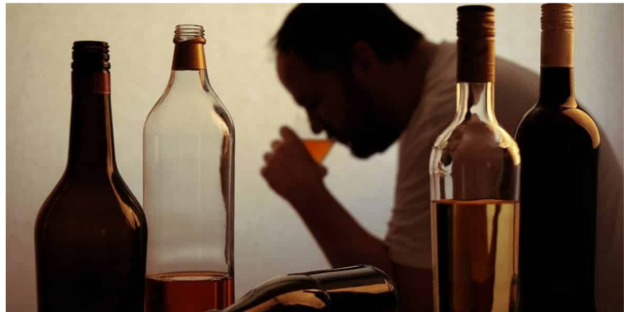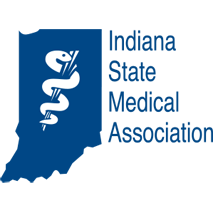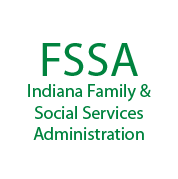Suffering from drug abuse and alcoholism also develops some unique skills. People who are in the grips of substance abuse often try to downplay their problem and hide their symptoms. If you’re worried that a friend or family member may be an alcoholic or drug addict chances are your concern is warranted. Nevertheless, just to be sure, here are the warning signs to that will give you some clues.
The National Numbers Warrant Looking for Signs of Drug Abuse and Alcoholism
The tell-tale signs of drug abuse and alcoholism are right before our eyes. We cannot ignore them if we see one, or more of the signs listed below in our loved ones. The statistics on drug abuse in the US clearly show that something needs to be done.
The Substance Abuse and Mental Health Services Administration (SAMHSA) annual nation-wide survey on Drug Use and Health (NSDUH) shows the hard numbers. Illicit drug use in the United States is on the rise with an estimated 24.6 million Americans aged 12 or older—9.4 percent of the population. This number is up by 8.3 percent compared to the last survey conducted. This increase is attributed to recent rise in marijuana use, the most commonly used illicit drug. It is followed by prescription drugs, cocaine, hallucinogens inhalants and heroin use.
Most people experience with drugs for the first time when they hit puberty. An estimated 2.8 million new users or about 7,800 new users per day were reported to have used.
Commonly Abused Drugs Including Alcohol
 We have a lot of experience at our drug rehabs Carmel, Indiana addiction treatment centers. More than half of new illicit drug users at our centers began with marijuana. Marijuana is most common among younger teens. It shows misuse with 6 percent of older teens and young adults in their 20s. This is followed by prescription drugs and pain relievers most common with middle aged females. What are the most commonly abused drugs in the United states?
We have a lot of experience at our drug rehabs Carmel, Indiana addiction treatment centers. More than half of new illicit drug users at our centers began with marijuana. Marijuana is most common among younger teens. It shows misuse with 6 percent of older teens and young adults in their 20s. This is followed by prescription drugs and pain relievers most common with middle aged females. What are the most commonly abused drugs in the United states?
Alcohol
17.3 million Americans (6.6 percent of the population) were dependent on alcohol. this leads to having problems related to alcohol use (abuse). The report also showed that 28.8 percent of underage persons (ages 12 to 20) have reported drinking. Out of these, 14.2 percent are involved in binge drinking.
Binge and heavy drinking is more prevalent among men than women. The rates of 30.2 percent reported among men and 16.0 percent in women. For both sexes usage showed 12 years and older in the past month alone.
An estimated 28.7 million people, aged 12 or older, have at one point driven under the influence of alcohol at least once in the past year. This remains a huge cause for concern.
Marijuana
After alcohol, marijuana has the highest rate of abuse or dependence among all drugs. A whooping 4.2 million Americans are dependent or have used/abuse of marijuana in the past year alone.
Tobacco
An estimated 55.8 million Americans aged 12 or older, or 21.3 percent of the population, are currently cigarette smokers. Teen smoking rates in just the past-month is estimated at 5.6 percent among 12- to 17-year-old. It shows more usage with boys (5.7%) than girls (5.5%) smoking.
Cocaine
An estimated 1.5 million people aged 12 or older were reported to current users of cocaine.
Methamphetamine
There has been an increase in use of Methamphetamine to 595,000 current users aged 12 and older. this is compared to 353,000 users in surveyed in 2010. These are the numbers (in thousands) of persons dependent/abusing different drugs as reported by SAMHSA.
- Marijuana 4,206
- Pain Relievers 1,897
- Cocaine 855
- Heroin 517
- Stimulants 469
- Tranquilizers 423
- Hallucinogens 277
- Inhalants 132
- Sedatives 99
Psychological Warning Signs of Drug Abuse and Alcoholics
As we stated above the brain chemistry is altered by substance abuse. These changes affect how individuals interact. Here are some things to take notice of when speaking to a loved one you think may need drug rehabilitation;
- Uncharacteristic change in personality or attitude
- Abrupt mood swings, increased prickliness, or angry outbursts
- Periods of unusual increased energy, followed by instability or nervousness
- Lack of motivation; appearing spaced-out and tired
- Experiencing paranoia, being fearful with no reason, and anxious
Physical Warning Signs of Drug Abuse and Alcoholism
Long-term and even short-term misuse of drugs and alcohol show wear on the body. If you know what to look for in drug abuse and alcoholics the signals are clear. It is extremely difficult, and sometimes impossible to hide some of these. Here are some of the physical warning signs of drug abuse and alcoholism;
- Bloodshot eyes, pupils larger or smaller than usual
- Unusual odors on breath, body, or clothing
- Tremors, slurred speech, or impaired coordination
- Sudden weight loss or weight gain
- Runny nose or sniffling
- Deterioration of physical appearance, personal grooming habits
- Changes in appetite or sleep patterns
Warning Signs of Commonly Abused Drugs
Signs of drug abuse and alcoholics typically depend on what substance is being abused. Understanding the cues are critical in determining substance misuse. So, if you notice any of these red flags in your loved one, do not hesitate to contact a drug and alcohol addiction center near you.
· Depressants
These include Valium, Xanax, GAB. You may observe contracted pupils; difficulty concentrating; drunk-like demeanor; clumsiness; poor judgment; slurred speech, sleepiness.
· Inhalants
These are the vapors, glues, and aerosols. You will notice watery eyes; secretions from the nose or rashes around the nose and mouth; impaired vision, memory and thought. They will complain of headaches and nausea; appear intoxicated and drowsy. You will also observe poor muscle control; changes in appetite; anxiety; irritability and lots of cans/aerosols in the trash.
· Hallucinogens
These are the LSDs and PCPs. You will notice your loved one has dilated pupils; bizarre and irrational behavior including hallucinations, paranoia, aggression, and mood swings. They will tend to detach from people. Many will be self-absorbed or be absorbed with other objects. They will have a slurred speech and exhibit confusion.
· Heroin
You will notice contracted pupils in your loved one. Their pupils will not respond to light. Also, look for tale-tell needle marks; sleeping at unusual times; sweating; coughing, vomiting; sniffling; twitching; and loss of appetite.
· Marijuana
They will have glassy, red eyes; talk loudly, exhibit inappropriate laughter followed by loss of interest, sleepiness; motivation; weight gain or loss.
· Stimulants
These include cocaine, amphetamines, crystal meth. You will notice they have dilated pupils, euphoria; and excessive talking. They can also show depression or excessive sleeping at odd times and increased hyperactivity. Look for signs of anxiety and irritability They may go for long periods of time without eating or sleeping; have dry mouth and nose and show extreme weight loss
Behavioral Warning Signs of Drug Abuse and Alcoholism
Just like the physical signs, knowing what to pinpoint can make abuse apparent. Substance abuse changes the wiring in the brain. Thus, these change how individuals process information and think. Here are some of the behavioral warning signs of drug abuse and alcoholism;
- Engaging in secretive or suspicious behaviors
- Frequently falling on the wrong side of the law including getting into legal trouble, illegal activities, fights, driving under the influence and most likely ending up in accidents
- Neglecting responsibilities at work, school, or home, including neglecting one’s children
- Sudden change in hangouts, friends, and hobbies favorite
- Frequent, mysterious need for money or mounting financial problems. May result to steal money
- Emerging difficulties in one’s relationships
- Using drugs under dangerous conditions (using dirty or contaminated needles, driving while using drugs and having unprotected sex)
Signs That Drug Use Has Increased
- Increased drug tolerance – the constantly need to use more of the drug(s) to experience the same feel-good feelings they had with much smaller amounts in the past.
- Using drugs to relieve or avoid withdrawal symptoms such as restlessness, nausea, depression, insomnia, shaking, sweating, anxiety
- Overcome by drug use – they lose control of drug use and end up using either more than is intended, or is simply unable to stop
- Completely controlled by drug use – Life revolves around drug use and they are constantly thinking of using, recover from use and then figuring how to get some more
- Deserting once enjoyable activities (sports, hobbies, and socializing) to focus on drug use
- Continuing to use negative consequences notwithstanding like infections, blackouts, depression, mood swings, paranoia
How to Help someone Suffering from Drug Abuse or Alcoholism?
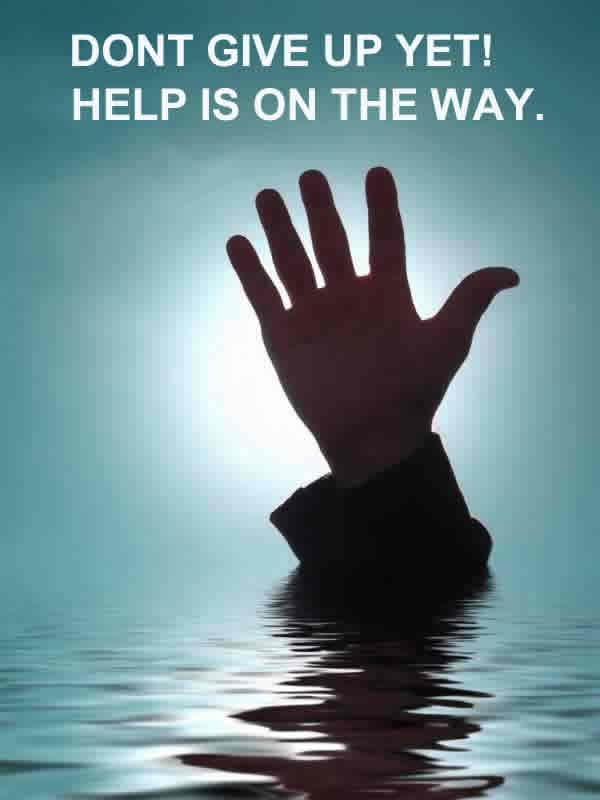 When someone close to us is suffering from drug abuse or alcoholism it’s difficult. Most of the time we don’t know how to help. One of the biggest fears of a drug addict is going through detox and withdrawal. This fear is intensified by the rewiring of the brain. There are options like our drug rehabs Carmel NAD amino acid treatments you may want to get educated on. If you suspect that a family member or a friend suffering from drug abuse or alcoholism here are a few things you can do.
When someone close to us is suffering from drug abuse or alcoholism it’s difficult. Most of the time we don’t know how to help. One of the biggest fears of a drug addict is going through detox and withdrawal. This fear is intensified by the rewiring of the brain. There are options like our drug rehabs Carmel NAD amino acid treatments you may want to get educated on. If you suspect that a family member or a friend suffering from drug abuse or alcoholism here are a few things you can do.
Speak up and have a conversation with the person about your concerns. Offer your help and support, without being judgmental. Don’t wait for your loved one to hit rock bottom before you act. The earlier substance abuse is treated, the better for all parties involved. Be prepared for excuses and denial by listing specific examples of your loved one’s behavior that has you worried in the past as a result of their drug use.
Take care of yourself and don’t get so caught up in someone else’s drug issues that you neglect your own needs. Remember you are not alone in that journey, and you shouldn’t be. Reach out to people you can talk to and lean on them for support from time to time. Stay safe by not putting yourself in dangerous situations.
Always remember to avoid self-blame. You can support a person with a substance abuse problem and encourage them to get help. However, you cannot force an addict to change. You can’t force or control your loved one’s decisions. Let the person accept responsibility for his or her actions. This happens to be an essential step along the way to recovery for drug addiction.
What Not to do When a Loved One Suffers from Drug Abuse or Alcoholism?
One of the biggest mistakes when a loved one suffers from drug abuse and alcoholism is enabling. We tend to make excuses for our loved ones and can often enable the addiction. Here are some things that you shouldn’t do when dealing with substance abuse.
- Take over their everyday duties, leaving them with no sense of dignity or importance
- Use drugs with the drug abuser.
- Hide or throw out drugs.
- Feel guilty or responsible for another’s behavior.
- Cover up or make excuses for the drug abuser, or shield them from the negative consequences of their behavior.
- Attempt to punish, threaten, bribe, or preach.
- Argue with the person when they are high.
- Make emotional appeal; this will only serve to make them more uncomfortable and make them more defensive
Drug and Alcohol Addiction Treatment is Available for Drug Abuse and Alcoholism
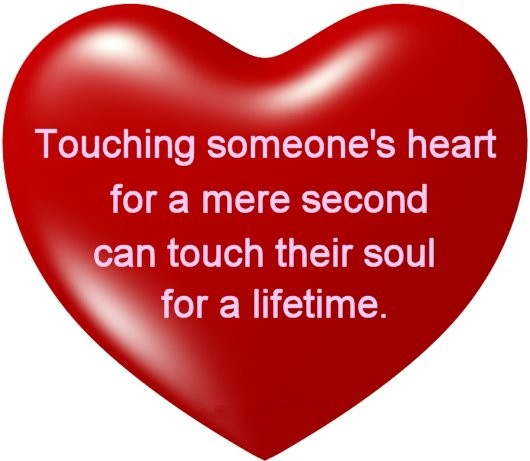 As we learned drug abuse and alcoholism are out of control in the US. There are many drug and alcohol addiction treatment centers across the US. Despite the numbers, there continues to be a large “treatment gap” in this country. An estimated 22.7 million Americans desperately needed treatment for a drug related problem. However, they could not access the services. Only an estimated 2.5 million people had access to treatment at a drug specialty facility.
As we learned drug abuse and alcoholism are out of control in the US. There are many drug and alcohol addiction treatment centers across the US. Despite the numbers, there continues to be a large “treatment gap” in this country. An estimated 22.7 million Americans desperately needed treatment for a drug related problem. However, they could not access the services. Only an estimated 2.5 million people had access to treatment at a drug specialty facility.
These numbers are more than alarming. Combine these with 150 lives per day being lost to the heroin epidemic. Being armed with what to look for with drug abuse and alcoholism could save lives. If you see these signs reach out for help. Emerald Neuro Recover drug rehabs Carmel, Indiana is always available to help. Feel free to give us a call today at (317) 606-8778 and we will guide you to the best options, even if it’s not at our recovery centers.

